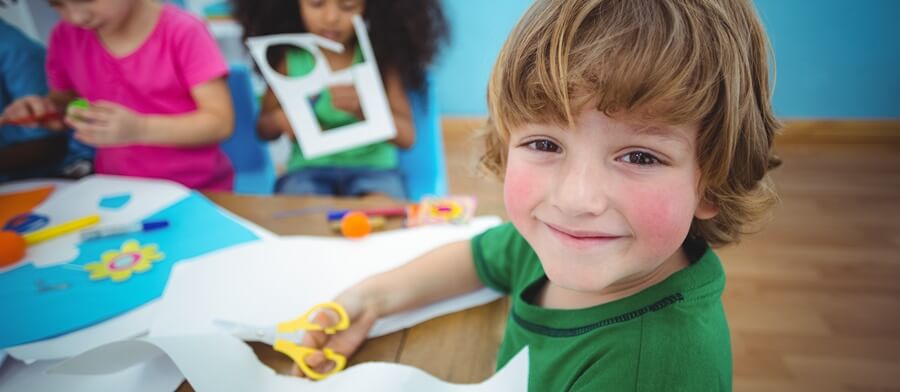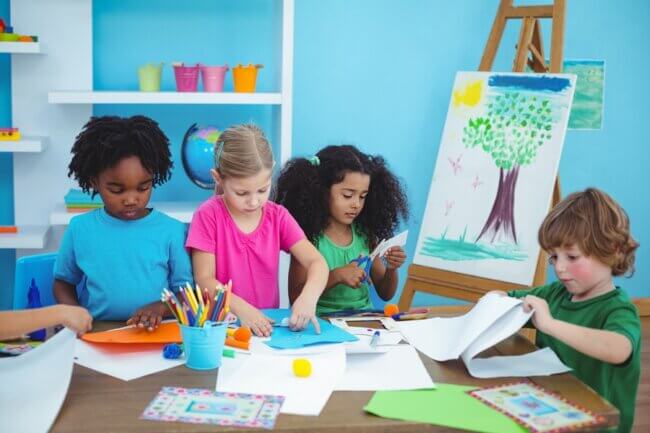
Creativity is a vital aspect of a child’s development, fostering imagination, self-expression, and problem-solving skills. After-school care environments offer a prime opportunity to unlock and nurture this creativity through engaging activities such as art, music, and drama. In this blog post, we’ll explore the importance of incorporating creative pursuits into after-school care programs and discuss the benefits they bring to children’s overall growth and development.
The Importance of Creative Expression:
Creative activities such as art, music, and drama provide children with outlets for self-expression and exploration. These mediums allow them to communicate their thoughts, feelings, and ideas in ways that go beyond verbal language. By encouraging creativity, after-school care programs empower children to develop their unique voices and identities.
Artistic Exploration in After-School Care:
Art offers children the opportunity to experiment with different materials, techniques, and styles. After-school care programs can provide access to a variety of art supplies and resources, allowing children to engage in activities such as painting, drawing, sculpting, and crafting. Through artistic exploration, children learn to think critically, problem-solve, and express themselves visually.
The Rhythm of Music:
Music has the power to inspire, uplift, and connect people on a profound level. After-school care programs can incorporate music into their curriculum through singing, playing instruments, listening to music from different cultures and genres, and exploring rhythm and movement. Music not only enhances children’s auditory skills but also promotes social interaction and emotional expression.
The Magic of Drama:
Drama encourages children to step into different roles, explore imaginary worlds, and express themselves through storytelling and performance. After-school care programs can engage children in dramatic activities such as role-playing, improvisation, script reading, and theatrical productions. Drama fosters creativity, confidence, collaboration, and empathy as children learn to inhabit characters and navigate different perspectives.
Benefits of Creative Activities:
Engaging in creative activities has numerous benefits for children’s development. Art, music, and drama stimulate cognitive functions, enhance fine and gross motor skills, and promote sensory awareness. These activities also boost self-esteem, resilience, and emotional intelligence as children gain confidence in their abilities and learn to navigate challenges creatively.
Fostering a Creative Environment:
Creating a nurturing and supportive environment is essential for fostering creativity in after-school care programs. After-school care providers can encourage children to explore their interests, take risks, and embrace experimentation without fear of judgment. Providing opportunities for open-ended play, self-directed learning, and collaboration cultivates a culture of creativity and innovation.
Integrating Creativity Across the Curriculum:
Creativity is not confined to specific activities but can be integrated into various aspects of the after-school care curriculum. For example, children can use art to illustrate concepts from science or history, compose songs inspired by literature or cultural traditions, or stage dramatic interpretations of historical events or social issues. By integrating creativity across the curriculum, after-school care programs enhance children’s engagement and deepen their understanding of academic content.

Art, music, and drama are powerful tools for unlocking children’s creativity and fostering holistic development in after-school care environments. By providing opportunities for artistic exploration, incorporating creative activities into the curriculum, and fostering a supportive environment that encourages experimentation and self-expression, after-school care providers can empower children to unleash their imagination, express themselves authentically, and discover their full potential.